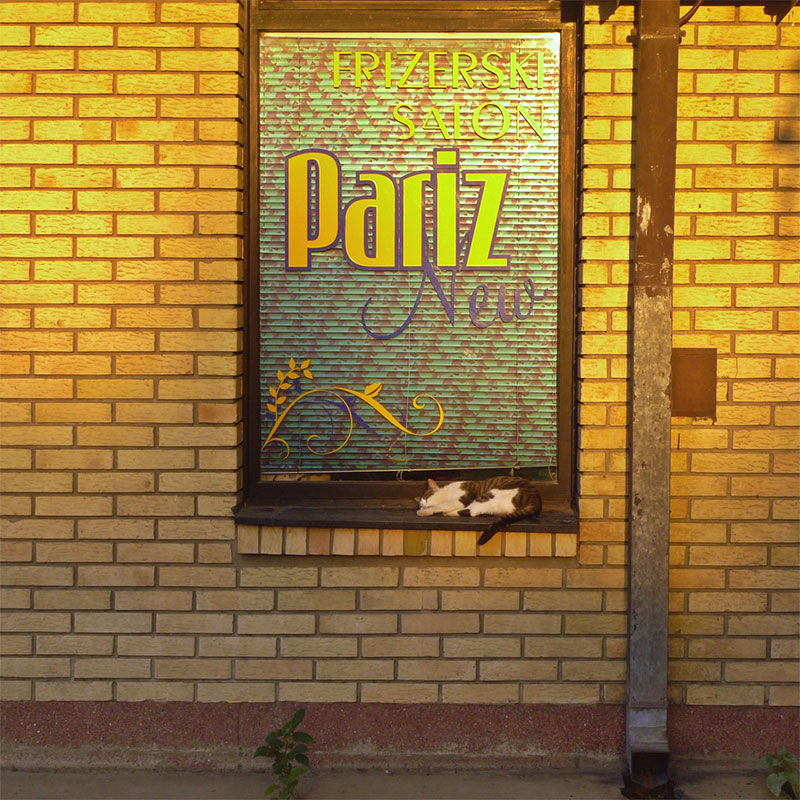Of course the government caused Saturday’s protest. No, not with their chronic mismanagement and corruption – but by setting up cheap (and, yet, handsomely paid) replicas of the Arc de Triomphe in the ruined center of Belgrade. Because of this, citizens of Belgrade thought they were in Paris and, following the old adage “when in Rome…”, they decided to do as the Parisians do. To protest.
Surprisingly, RTS immediately reported about this protest walk. It was, of course, relegated to the last minutes of their news program (while reports from protests across Europe and in Kosovo were extensive and live), and with the unnecessary added “news” that the president of the state once condemned an attack that was the direct cause of the protests. But even this kind of reporting was excellent compared to other networks, which were racing to out-do the RTS of the 1990s. Paradoxically, given its role in the nineties, RTV Studio B stood out in this parade with their street reporter (whose “street reporting” happened long after the protest was over), who lied about and made up so many things that she eventually started inventing entirely new phrases in the Serbian language.
While the protest went underreported, all the networks reported that the president of the state said that he wouldn’t care even if five million people protested, because he is only interested in winning the election. Why five million exactly? Did he start with the total number of voters, which is calculated to be 6.7 million, deducted the SNS numbers from past parliamentary elections (1.8 million), and rounded up those last hundred thousand?
Whatever his calculation, the resources he’s counting upon to stay in power are even more important. And those include all television stations with national frequency, including the two which, until recently, at least had satirical shows. The only question is why this process of overtaking the media wasn’t simplified like in Hungary, where all media were simply given to a man close to Orbán, and Orbán immediately decided that the creation of this media conglomerate was in the national interest, so there was no need to consult the Agency for protection of competition. Instead, here we had a series of questionable frantic transactions and clumsy explanations along the lines of “we bought them to prevent the media monopoly of Djilas and Solak” (a monopoly of an opposition politician who doesn’t even own a television network, and a non-politician who is only the partial owner of a single cable network?).
Fortunately, the end of the mandate of the current Commissioner for information will leave almost no protective walls to defend the public interest, so the authorities will no longer have to bother with explanations. If, of course, we do not adopt the latest fashion trend from Paris, dress in yellow vests, and cry out in torment.
Translated by Marijana Simic
Peščanik.net, 28.12.2018.
- Biografija
- Latest Posts
Latest posts by Nadežda Milenković (see all)
- Prvo hopni pa reci skoč - 22/04/2024
- Neću da budem Švabo - 15/04/2024
- Đavo bi ga znao - 08/04/2024



